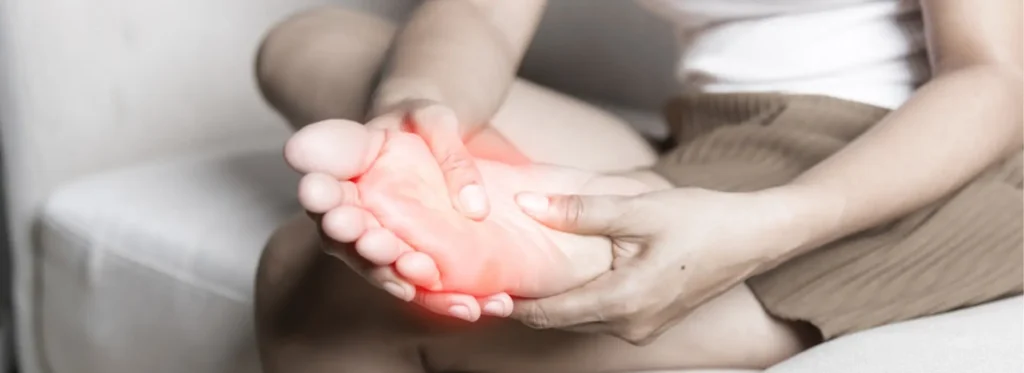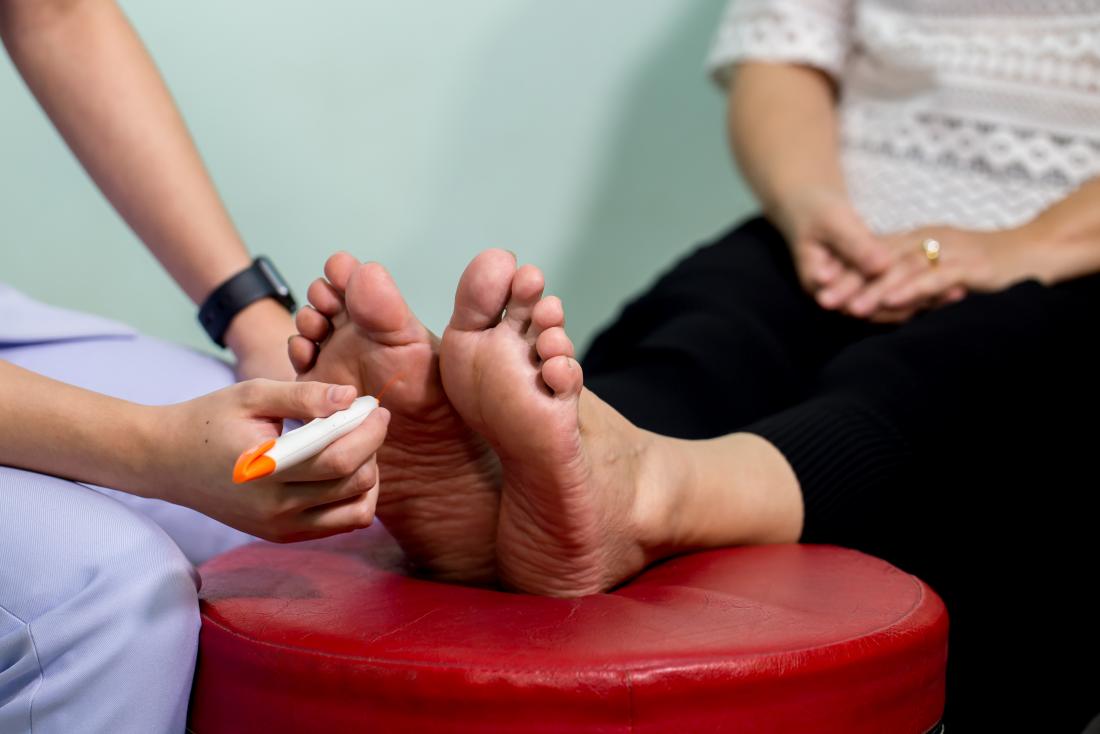The signs and causes of neuropathy
Neuropathy is a disease that affects the peripheral nerve system. The peripheral nervous area is responsible for sending signals from the spinal cord and brain to the other parts part of our body. When the nerves within the nervous system of peripheral nerves become damaged, they will no effectively transmit signals and cause a variety of symptoms.
The most frequent reason for the condition is diabetes. It could affect nerves in the course of time. The other factors that cause neuropathy are infections like shingles or Lyme disease as well as certain medicines and physical injuries. The symptoms of neuropathy may include numbness, pain the sensation of tingling and weakness in the feet and legs.
Traditional Neuropathy Treatments
The conventional treatments for neuropathy could comprise medications, including antidepressants, pain relievers or anti-seizure medicines. Therapy for physical impairment as well as occupational therapy can be recommended to alleviate symptoms. In certain cases, surgery may be required to treat problems that are underlying, such as nerve compression.
Although these treatments are efficient, they can have negative side effects or risk. Because of this, many patients seek natural remedies for neuropathy..
Why Try Neuropathy Home Remedies?
The home treatments for neuropathy may provide an organic and secure method to control symptoms. Most of these remedies make use of natural ingredients that are easily accessible and have been utilized for ages to treat a variety of health problems. These remedies are cheaper than conventional treatments, and are able to be carried out from the comfort at your home.
The Best Natural Treatments for Neuropathy in the Legs and Feet

Essential Oils for Neuropathy
Essential oils such as lavender, peppermint and Eucalyptus, are a good choice to treat neuropathy-related symptoms. These oils are anti-inflammatory and analgesic qualities that can aid in reducing inflammation and pain.
To apply essential oils to treat neuropathy you can add some drops of the oil to a carrier oil like coconut or jojoba oil, and rub it into the area affected. It is also possible to include essential oils to a bath or make use of a diffuser to breathe in the aroma.
Herbal Remedies for Neuropathy
Herbs such as St. John’s Wort, valerian and passionflower may help to reduce inflammation and pain that is associated with neuropathy. The herbs help by increasing the flow of blood to the area affected and decreasing inflammation.
For herbal treatments for neuropathy, you could make tea using dried herbs, or take supplements. It is important to consult your physician prior to using or taking any other herb supplements in case they interfere with other medication.
Nutritional Supplements for Neuropathy
Supplements to your diet, like the alpha-lipoic acid along with B vitamin are able to support the health of nerves and help reduce the symptoms of neuropathy. Alpha-lipoic acid is an antioxidant that helps reduce inflammation and shield nerves from harm. B Vitamins B vitamins, like B1 B6, B6, and B12 are vital for nerve function and may aid in reducing pain and numbness.
For nutritional supplements for neuropathy, consult your doctor regarding the proper dosage and the best form. Also, you can enhance your intake of foods that are high with these vitamins, like green leafy vegetables, nuts and whole grains.
Modifications to Lifestyle to Manage Neuropathy Symptoms
Making lifestyle modifications can help in managing the symptoms of neuropathy. Regular exercise can increase circulation to the affected region and decrease inflammation. A healthy diet can give the essential nutrients to support healthy nerves, like omega-3 fats and antioxidants.
Other lifestyle modifications that may assist in reducing neuropathy symptoms are stopping smoking, cutting down on drinking alcohol, and managing stress.
Safety Advice for Neuropathy Home Remedies

Although home remedies for neuropathy may be efficient, it’s essential to be aware of any risk. Always consult your physician prior to trying any new treatments particularly if you’re taking medications or suffer from an existing health issue.
Make sure you follow the directions carefully. Start by taking a small amount of the medication to check for any reactions that could be adverse. In the event that you suffer from any adverse negative effects, discontinue using the remedy and speak with your physician.
When to Consult a Physician About Neuropathy
If you’re experiencing signs of neuropathy, it’s crucial to consult a physician for a proper diagnosis. Your doctor might perform tests, such as nerve conduction tests as well as test for blood to identify the root of the symptoms.
When your conditions are serious or impacting your daily life the doctor may suggest traditional treatments, like physical therapy or medication.
Conclusion
Neuropathy in feet and legs is a difficult condition to treat, however homemade remedies are an effective and safe method to alleviate symptoms. The essential oils as well as herbal treatments as well as nutritional supplements and lifestyle adjustments can all be used to manage the inflammation and pain that is associated with neuropathy.
Make sure to consult your doctor prior to attempting any new treatments and follow all instructions with care to minimize any risk. By following the correct method you will be able to find relief from neuropathy-related symptoms and enhance your level of living.





